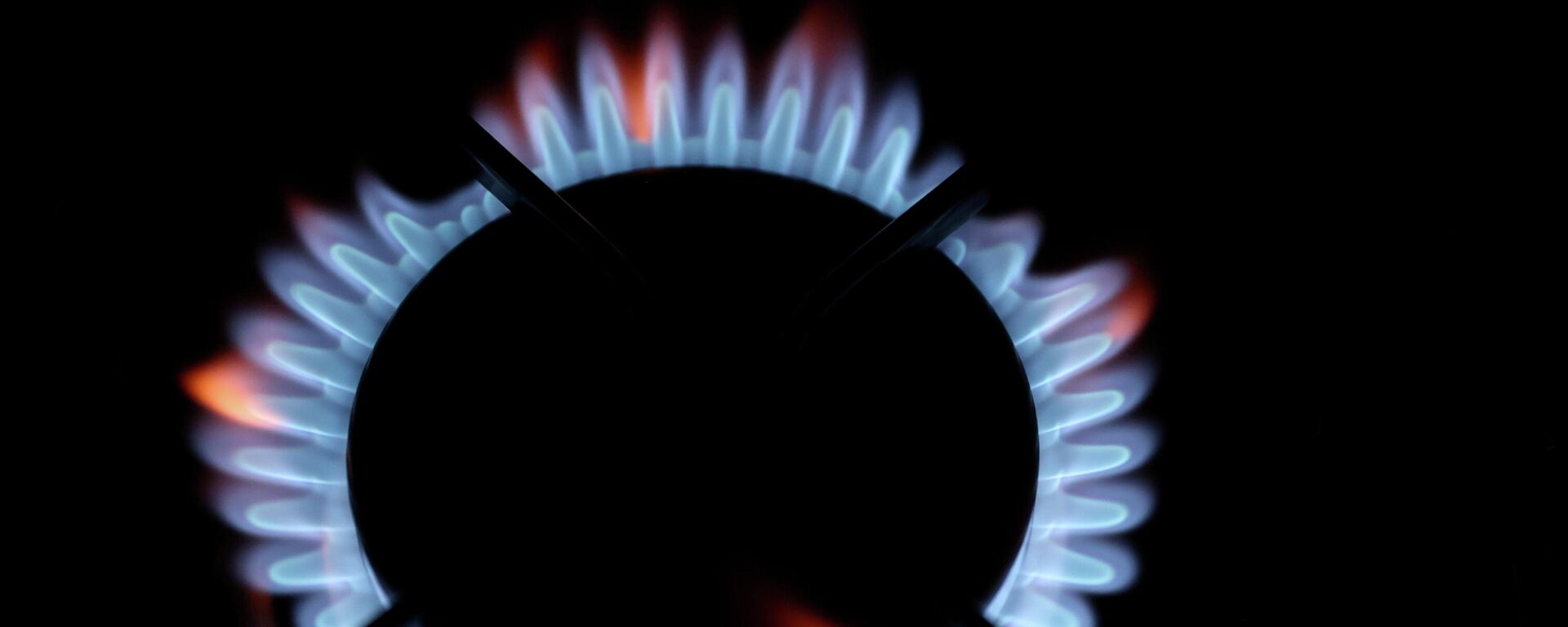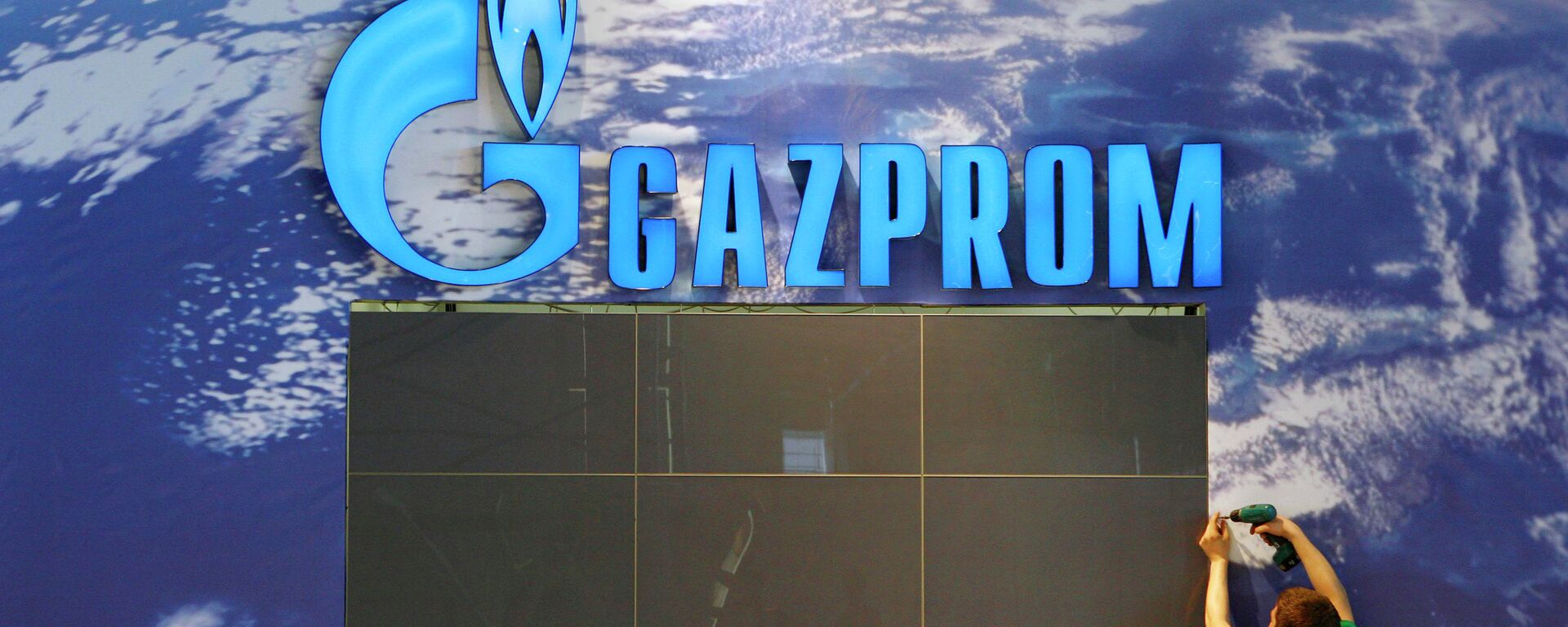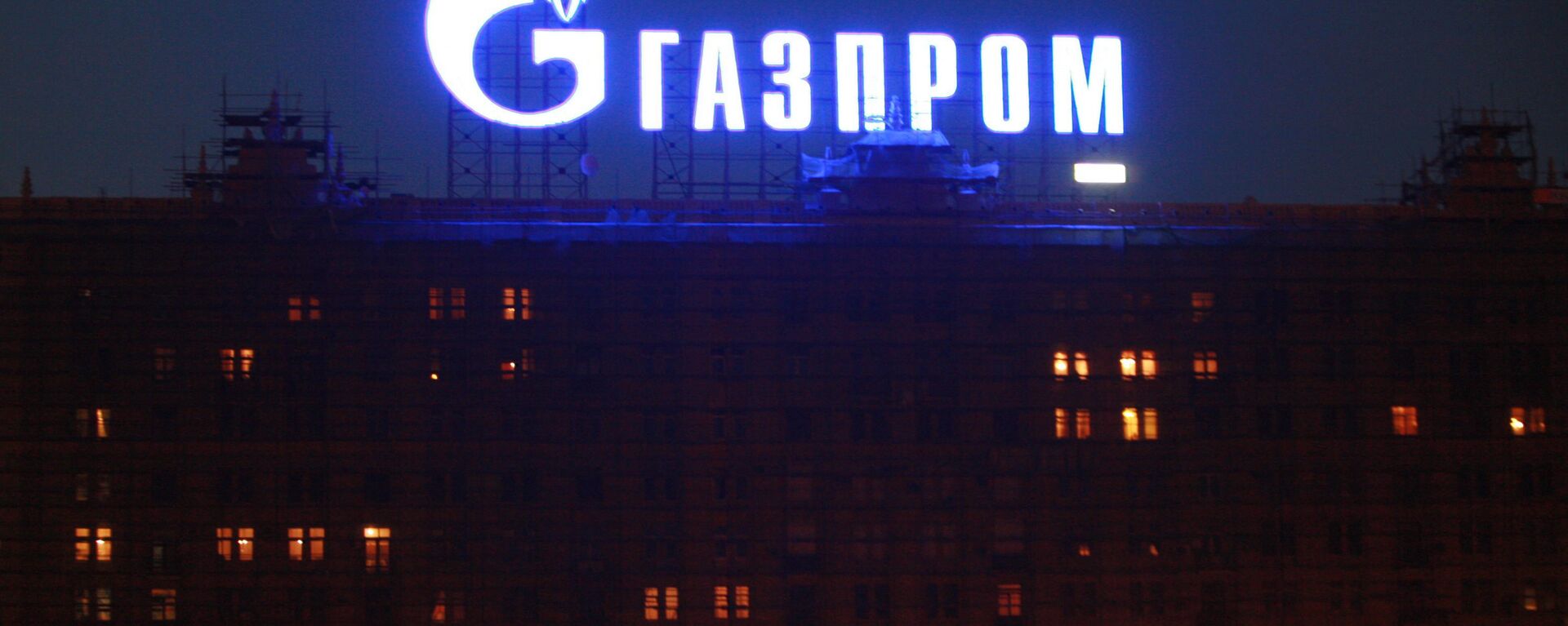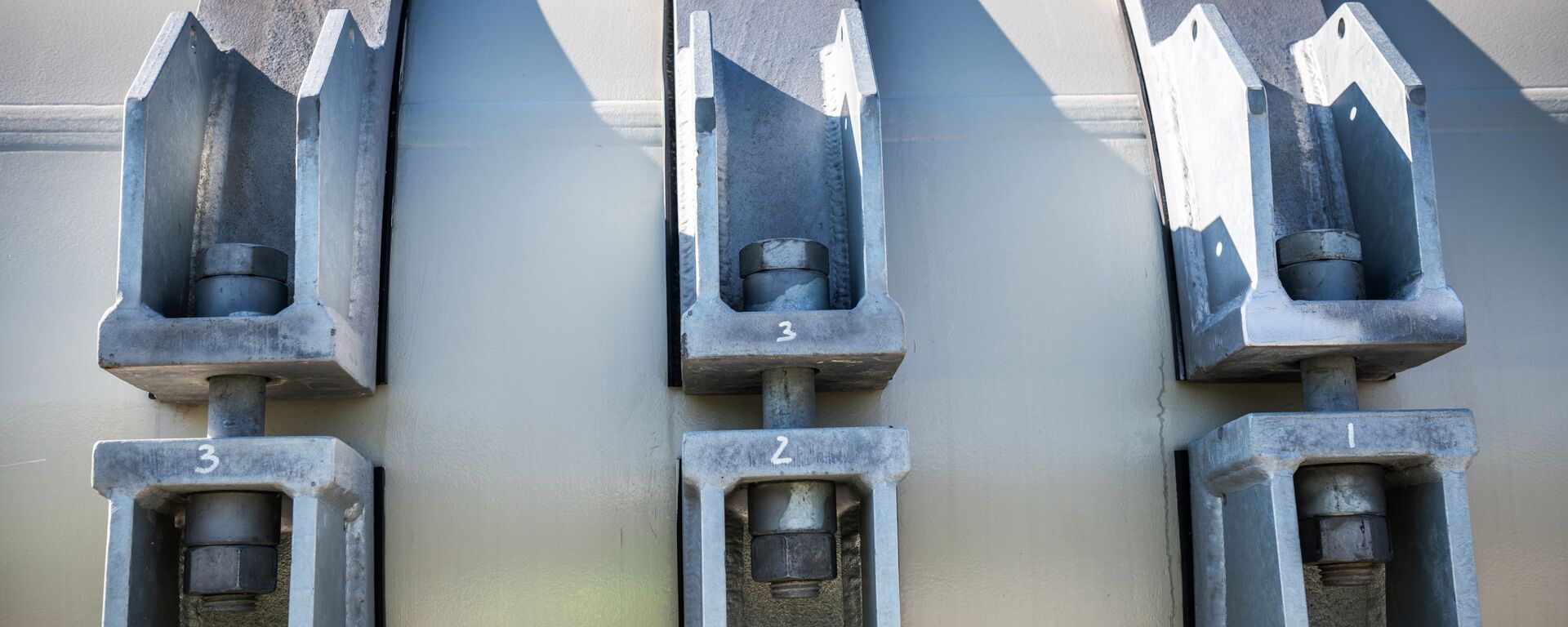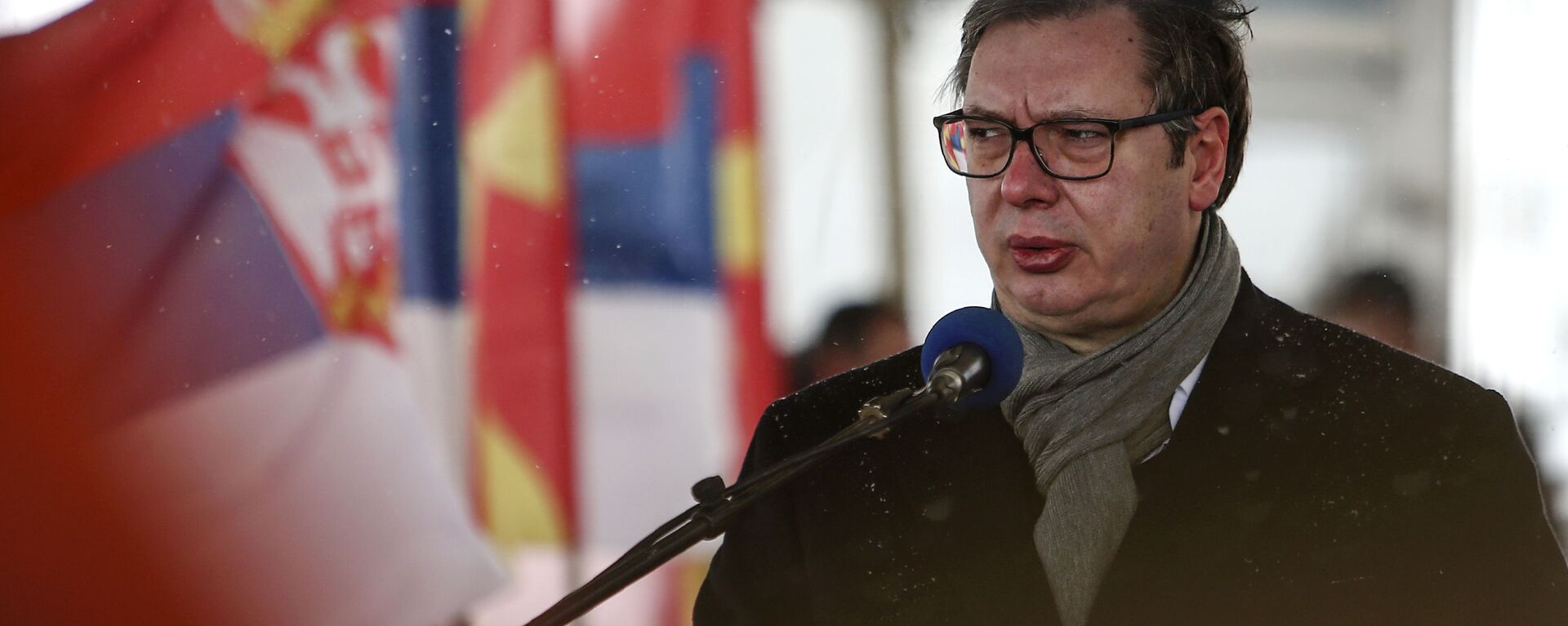Observers: Blaming EU Gas Crunch on Russia is Cheap & Dishonest Way to Cover-Up Europe's Own Faults
14:21 GMT 27.12.2021 (Updated: 17:14 GMT 12.04.2023)
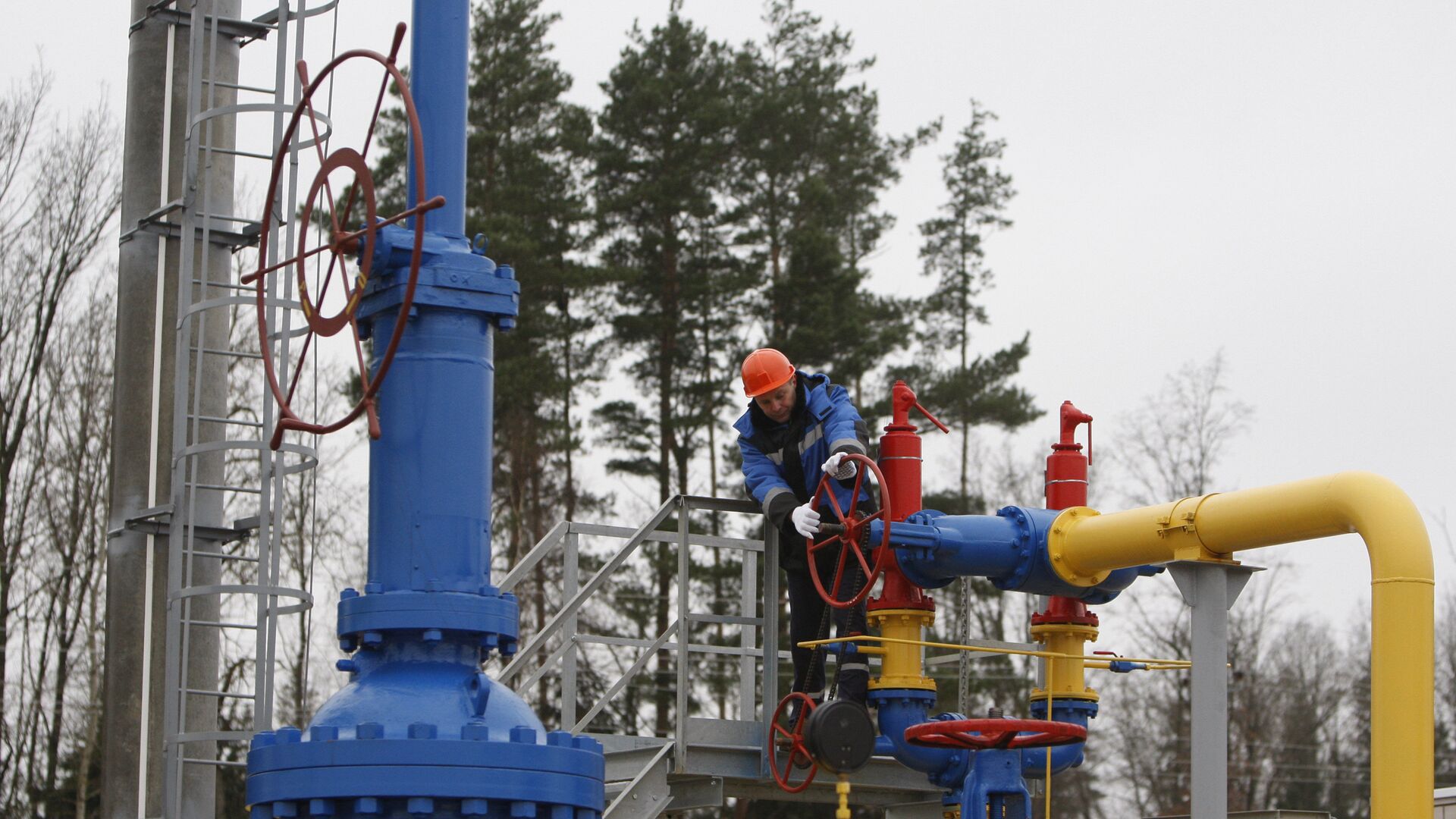
© Sputnik / Egor Eryomov
/ Subscribe
Europe's benchmark gas price broke a new record on 21 December, soaring to 2,200 euros ($2,495) per 1,000 cubic metres, constituting an almost 800% surge since the beginning of 2021. What's really behind the unfolding energy crunch in Europe and is Russia responsible for it?
The European energy crunch has prompted the Western media to try to pin the blame on Moscow by claiming that Russia is pumping a lot less gas westward and using its hydrocarbons as leverage against the EU. The claims were dismissed as "fake news" and "lies" by Gazprom's official representative Sergei Kupriyanov on 25 December.
Speaking to the broadcaster Rossiya One on Saturday, Kupriyanov revealed that this year Gazprom has already supplied 50.2 billion cubic metres (bcm) to Germany, which is 5.3 bcm more than in 2020. Similarly, the Russian gas giant has provided larger volumes of natural gas to Italy, Turkey, Bulgaria, Hungary, Serbia, Denmark, Finland, and Poland, according to the holding's representative. Kupriyanov made it clear that Gazprom is ready to supply additional volumes of fuel under existing long-term contracts. Gas prices under these contracts are significantly lower than spot prices, he pointed out.
During his annual press conference, Russian President Vladimir Putin explained that Europe can only blame its own policies and decision to postpone the launch of Nord Stream for record gas prices and lack of fuel.
Gazprom Pumping Gas to Europe at Full Speed
"As European companies were very quiet, it has been difficult to understand the origin of the reduced Gazprom export flows to Europe," says Thierry Bros, professor at the Paris Institute of Political Studies and a contributor to Natural Gas World, an independent specialised website.
Bros cited Alexey Miller, Chairman of Gazprom Management Committee, who specifically elaborated that 2021 production output was 515 bcm, the best figure in the last 13 years.
"This means that in Q4 alone Gazprom produced at record levels with no spare capacity left," the professor notes. "So Gazprom didn’t curtail production to reduce exports; the Western political narrative of blaming Russia for this crisis doesn’t stand. We know from Mr. Miller's presentation two days ago that Gazprom is producing at full speed."
Germany, Poland & Mystery of Reversed Gas Flows
Meanwhile, Reuters reported last Friday, citing data from German network operator Gascade, that the Yamal-Europe pipeline that usually sends Russian gas to Western Europe was flowing in reverse for a fourth day on 24 December, "pumping fuel from Germany to Poland." According to the media outlet, this has considerably added to the existing "squeeze."
Vladimir Putin revealed last Thursday that it was not Russia who had reversed the gas flow, but Germany and Poland, which are apparently benefiting from the ongoing gas crisis.
"[The Yamal-Europe pipeline] is a major transport means for Russian gas to reach Western Europe," says Gilbert Doctorow, an international relations and Russian affairs analyst. "And the gas prices in Europe rose enormously… precisely on the news that instead of sending gas from Russia to Germany by way of Yamal, gas was now being headed in the reverse direction, from west to east."
In light of this, Putin's bombshell revelation should have attracted the attention of European investigative journalists, according to the analyst. Doctorow notes that there are two possible explanations. First, that Germany is selling gas earlier acquired from Russia at a price which is a fourth of today's spot price or less. This means that "anybody sending it out of Germany on a commercial deal could be making maybe a billion euros in profit," the analyst underscores.
"The second possibility is that it is being taken back by Poland to be transported to Ukraine," Doctorow says. "All of this is quite logical. All of this should have been known or knowable to our journalists, but nobody, nobody spotted this until Mr Putin told us [last Thursday]."
The EU Commission's Green Deal is Behind the Energy Crisis
Most of the factors contributing to the high energy costs are homemade in Western countries, argues Fernand Kartheiser, Luxembourg Parliament member for the Alternative Democratic Reform Party.
He particularly refers to "green policies" which refute both coal and nuclear power as possible back-up sources of energy complementing naturally unreliable "renewables". As a result, the only possible alternative for the time being is natural gas, which is stepping up the demand, he explains.
What's more, ecologists usually fight large storage facilities for gas or petrol products, which has further diminished the ability of Western countries to lower prices or to overcome temporary supply difficulties by liberating stored reserves, according to the politician.
In addition to this, the European Commission recently proposed to end long-term contracts to import natural gas by 2049, justifying its decision by aiming for carbon neutrality by 2050. This approach is nothing short of being insane, according to Thierry Bros:
"The commission has no idea what will happen between now and 2049, and the commission has no way of checking all those contracts," the professor highlights. "As we need more gas in Europe from 2022 to fight both energy crunch and climate crisis, we need to incentivise the top three suppliers – Russia, the US and Qatar – to invest massively to grow their exports. In Russia, like for the two other countries, this should be done with some additional long-term contracts that avoid the huge price volatility we’ve experienced on spot prices."
According to Bros, the latest energy crisis "was engineered by the IEA net-zero scenario and the EU Commission Green Deal that pushed shareholders to force companies to reduce upstream capex."
Given all of the above, "blaming Russia or Gazprom for the current situation must be considered as a cheap and dishonest way of trying to divert the public’s attention from one’s own political mistakes," emphasises Kartheiser.
Nord Stream 2: Europe Needs 'Constructive Relations' With Russia
The geopolitical factor is also playing a huge role in the unfolding energy crunch, according to Fernand Kartheiser.
"The debate around North Stream 2 shows both internationally and within the German government how irrealistic and ideological the debate in the West has become," says the politician. "Some Western countries, members of NATO or the EU, try to sell their own petrol or coal and therefore fight gas supplies from Russia with all possible or impossible arguments."
According to the Luxembourg lawmaker, this irresponsible approach should be defied: the countries "should return to a spirit of shared responsibility and security in the Euro-Atlantic region."
"There is no harm for the West to include energy from Russia in its supplies," says Kartheiser. "Economic cooperation and interdependence are helpful in strengthening peaceful relations between neighbours. We need to redefine our relations with Russia and put them on a much more constructive basis."
The Nord Stream 2 gas pipeline is designed to deliver 55 billion cubic metres (bcm) of natural gas per year to Europe, thus doubling the original Nord Stream capacity to a total of 110 bcm. The launch of Nord Stream 2 would have increased the flow of gas and sent the European benchmark gas price down, as Vladimir Putin remarked during last Thursday's presser. However, Germany opted to delay the project.
Gas prices fell on 27 December amid news that dozens of tankers with liquefied natural gas (LNG) from the US were heading to Europe. Some of these tankers have been diverted from Asia since European LNG prices are now considerably higher than those in Asia, according to Bloomberg. However, even after the reduction, the European benchmark gas price is still up around 400%. Meanwhile, European gas traders suggest high energy prices will persist beyond winter.

